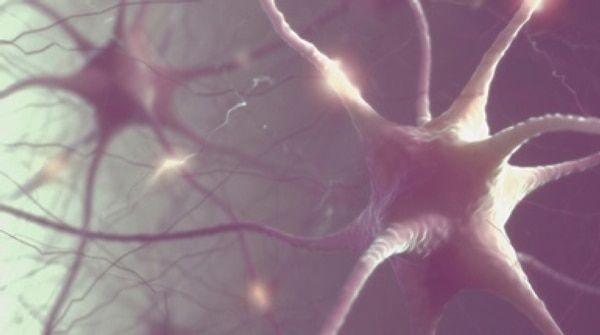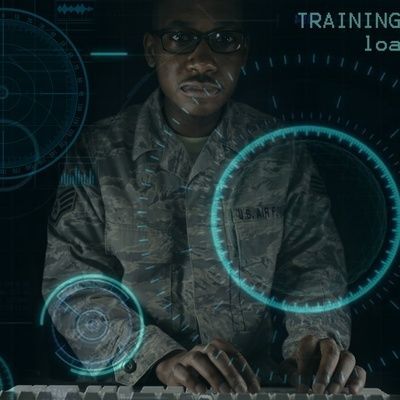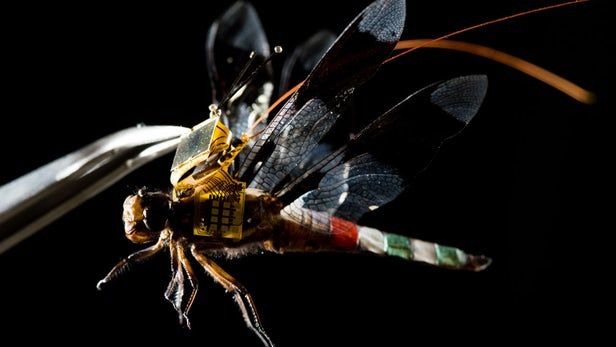Jun 2, 2017
A Net Neutrality Nightmare? / Part II (Future A to Z)
Posted by Johnny Boston in categories: futurism, information science, internet, journalism, law, media & arts, software, strategy, supercomputing
The recent efforts to remove Net Neutrality have given many a sense of impending doom we are soon to face. What happens to an Internet without Net Neutrality? Advocates have a vision of the possible results — and it is quite the nightmare! In this segment of Future A to Z, The Galactic Public Archives takes a cheeky, yet compelling perspective on the issue.


















